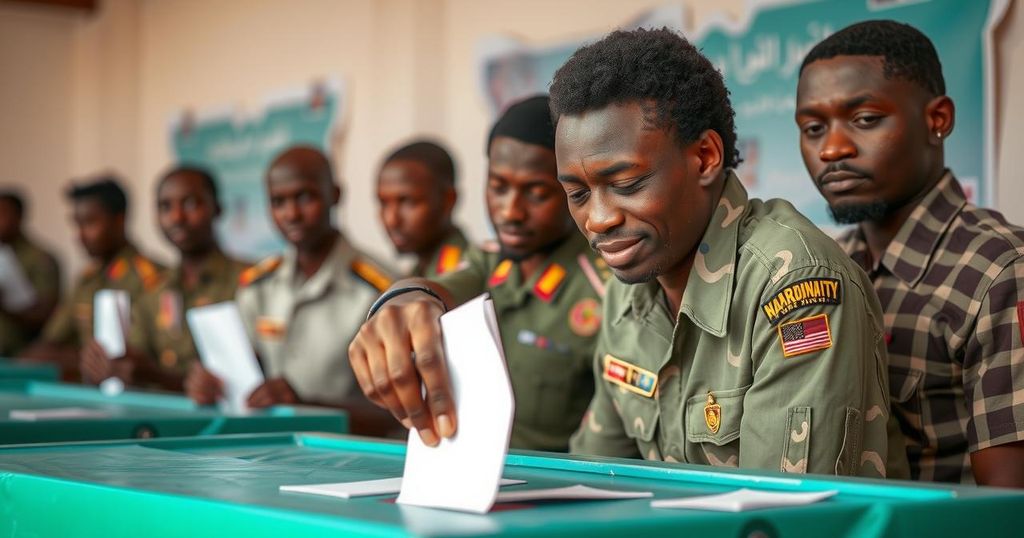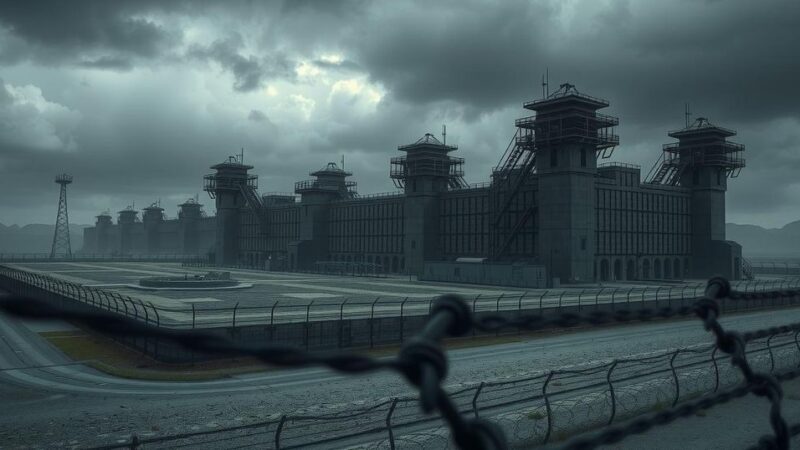Chadians voted in parliamentary and regional elections, concluding a three-year military rule transition. Despite the elections’ significance, major opposition parties, including the Transformers party, boycotted, alleging electoral misconduct and questioning legitimacy. The elections, marking the first in over a decade, face scrutiny and political tension, posing challenges for Chad’s democratic future.
Chadians participated in parliamentary and regional elections aimed at concluding a three-year transitional period from military rule. Despite the significance of this election, the primary opposition groups chose to boycott the process, alleging a lack of credibility in the electoral oversight.
This parliamentary election marks the first of its kind in over a decade, following a contentious presidential vote that junta leader Mahamat Idriss Deby conducted. Deby ascended to power in 2021 after the death of his father, who had reigned for thirty years. The elections, taking place within an oil-exporting nation suffering poverty, have not witnessed a genuine transfer of power since Chad gained independence from France in 1960.
Approximately eight million eligible voters have registered to elect 188 legislators to the newly established National Assembly, alongside local representatives. However, more than ten opposition parties, including the prominent Transformers party, have denounced the electoral process, questioning its legitimacy. The Transformers party’s candidate in the presidential election, Succes Masra, expressed concerns about vote tampering.
Masra, who briefly served as prime minister earlier in the year before resigning to campaign, stated that it would be preferable for voters to abstain from participating, arguing that the electoral outcome was predetermined. The opposition group, Group of the Cooperation of Political Actors (GCAP), emphasized their opposition to the presidential election legitimacy and labeled the parliamentary elections as a farce intended to perpetuate Deby’s regime.
Chad faces ongoing security challenges, including threats from Boko Haram and shifting diplomatic relations with France. Political analyst Mahamat Oumar Adam commented that the principal concern for Chad revolves around avoiding a protracted transition. The current elections represent a crucial milestone in the effort to restore democracy, albeit characterized by significant opposition absence.
The parliamentary and regional elections in Chad signify a crucial juncture in the nation’s political landscape, marking the conclusion of a three-year military transitional phase. The elections are historic as they are the first in over a decade, which comes after a series of contentious political events, including the transition of power due to the death of former president Idriss Deby. Despite the evident importance of this electoral exercise, the absence of credible opposition has cast a shadow over its legitimacy, raising concerns about the future of democracy in the region, especially as Chad grapples with various security threats.
The parliamentary elections in Chad present both an opportunity and a challenge for the nation as it transitions from military rule to a more democratically elected governance. However, the opposition’s boycott and accusations of electoral fraud reveal underlying tensions that could affect the legitimacy of the process. The political landscape in Chad remains precarious, with significant implications for its democracy and stability going forward. Only time will tell if this electoral process will genuinely reflect the will of the Chadian people or merely serve to entrench existing power structures.
Original Source: abcnews.go.com






